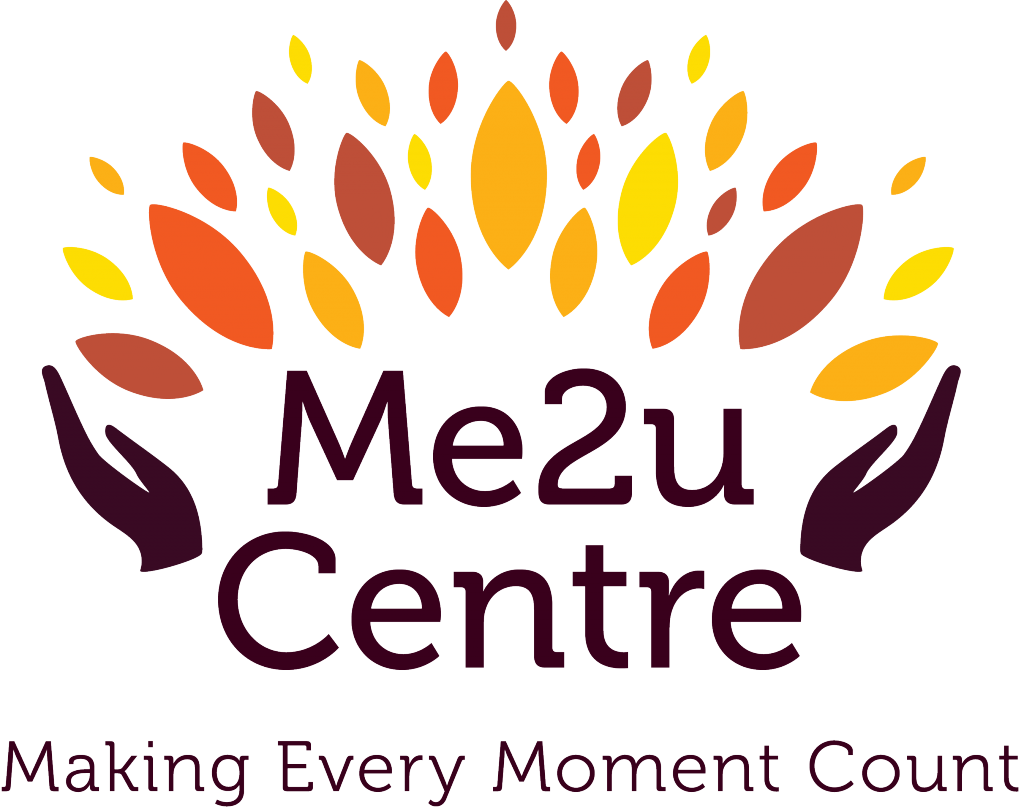It’s understandably tricky for carers to take time to look after themselves. This post deals with one of the essentials of self-care: nutrition.
Busy lives lead to poor decisions for what to eat or simply forgetting to eat.
Eating too many of the wrong kinds of foods can lead to sluggishness, lack of energy levels, weight gain and all the illnesses associated such as heart disease and diabetes.
Not eating enough food can cause fatigue, light-headedness and a weakened immune system due to a lack of important vitamins.
While we are not nutritionists, here is our simple advice for making sure you are being kind to yourself without being unhealthy.
Make time
It’s always wise to make time for your meals, even if it’s just once a day that you set aside for yourself to enjoy a nutritious meal. It’s hard to find time to shop for ingredients and cook on top of everything else, so don’t beat yourself up if you are not able. Just ensure you have some healthy ready meals in the house for those days you really can’t prepare anything. For those other times, find 15-minute recipes online, or kindly suggest someone else at home does the cooking!
Try to get your 5 a day
Getting a mixture of fruit and vegetables is one of the best things you can do to ensure a balanced diet. Eat a variety of colours, from orange peppers to green beans to a banana at snack time.
While juices do count in your five a day, don’t overindulge. Stick to one glass a day.
Tinned beans also count, but sadly not potatoes. Unless it’s a sweet potato, then it’s game on!
Don’t dismiss your favourite white potatoes, though. They are classed as carbohydrates, which is an essential source of energy, and you need a lot of that.
Keep some snacks handy
If you’re the kind of person who forgets to eat or if you’re simply too busy, carry some snacks with you at all times, be it almonds, dried fruit or some rice cakes. These are not messy and they keep well at room temperature. Plus they will stop you over-eating when you finally get your meal.
Stay hydrated
The NHS recommends adults consume 1.2 litres of water a day minimum. Of course, you will hear people suggest as much as three litres. You know what your body needs, so work it out and keep a bottle handy that you can fill up whenever necessary.
Keeping hydrated is great for your immune system as dehydration can put you at risk of colds. Headaches, lack of concentration and nausea are other symptoms you may experience, so you’re best off keeping topping up.
Track your food
It’s easy to overconsume your daily calories. You can keep a food diary or download My Fitness Pal onto your phone. This is an app that allows you to scan barcodes on food packaging to log all nutritional information. It also shows you your balance of carbs, fats and proteins.
You also know when you are hitting your goals or going over them so you can stay in control.
Replace, don’t eliminate
Most people love chocolate or crisps or both. If you’re a chocoholic, try swapping the sweet stuff for dark chocolate, berries, dried fruit or a cocoa drink.
If your temptation is in the savoury category, choose popcorn, crudités (raw vegetables like carrot sticks or celery) or oatcakes with hummus instead.
Eat what you love…20% of the time
You often hear experts talking about the 80/20 rule, where you can eat well most of the time, and have some goodies the remainder of the time. Your 80% should be non-processed foods like vegetables, meat, fish or potatoes. If you’re happy you’re being good most of the time, then don’t feel guilty about the odd treat. You deserve it!
Recent Posts
- Understanding Dementia: What It Is, Its Impact, and How to Support Your Loved Ones
- Autumnal Activities for Dementia Patients: September’s Dementia Therapies
- The Best Therapies for Dementia Patients in the UK
- Engaging Activities for Dementia Patients: Keeping Fun and Connection Alive at Home
- Caring for the Caregiver: Ensuring the Well-being of Those Who Care for Dementia Patients
